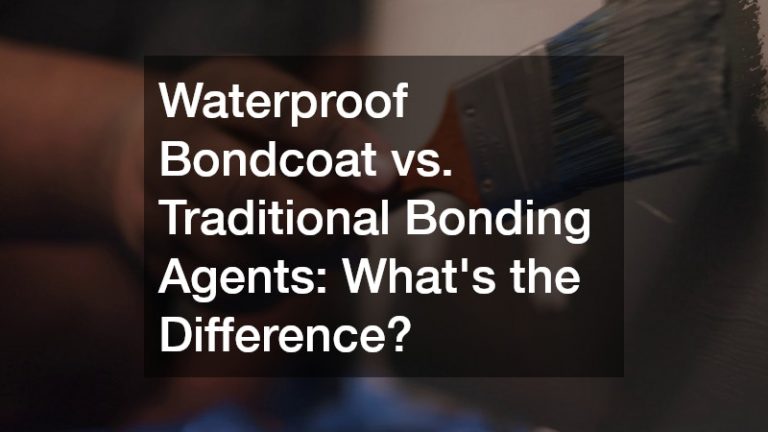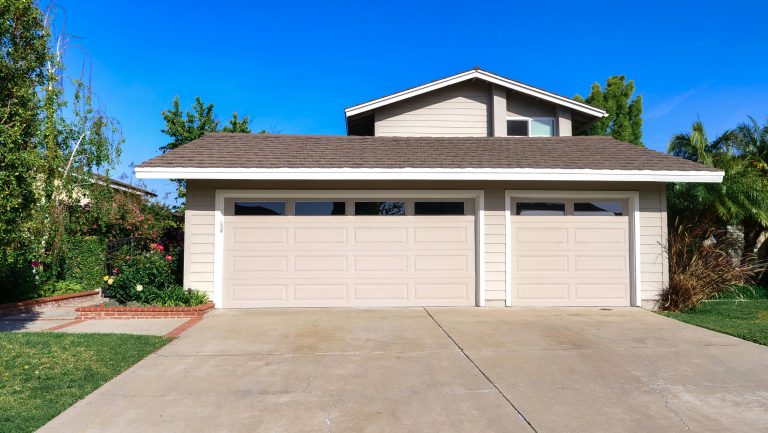

Whether your windows are beyond repair, or you are looking to save on your heating and cooling bills, there are many reasons you may consider a vinyl window replacement. While your primary reason for getting vinyl window replacements may not be because they are environmentally friendly, it certainly is a plus. Not only can vinyl window replacements save you on heating and cooling costs and keep your furnishings from fading, they can also contribute to saving the environment. Now who wouldn’t want to be a part of that? Read on to find out the five reasons that a vinyl window installation can help your home become eco-friendly.
Vinyl windows are resistant to heat loss and condensation
Vinyl windows are actually made of PVC, an impact-resistant, rigid material. This material has hollow spaces inside, which help the windows to be resistant to both heat loss and condensation. If you aren’t losing heat, you’re saving on heating costs. You are also helping to save the environment. The less heat you have to produce, the less emissions you produce as a result, thus helping the environment.
Vinyl windows are highly durable
Not only are vinyl windows resistant to heat loss, they are also very durable. Since they are so durable, they do not need to be replaced as often as other window frames. They are resistant to rotting and corroding, unlike other materials, and therefore need less repair and replacement. This saves you from discarding of old material and needing to purchase new. So, not only does it save you money, it again, helps the environment.
Vinyl windows not require frequent cleaning or painting
Vinyl window frames do not corrode or rot, but they also do not require frequent cleaning or painting. Due to the material, vinyl window frames are relatively easy to wipe off. This means you do not have to clean with harsh chemicals that can harm the environment. It also means that you won’t need to crack open a paint can every few months to keep your window frames looking fresh, meaning you’re also producing less emissions.
Vinyl requires little energy to produce
Vinyl not only saves energy when installed in windows, it also takes very little energy to produce. PVC, the material that vinyl is made of, takes approximately 20% less energy to produce than other plastics. This reduces CO2 emissions, thus helping the environment.
Operable vinyl windows can supplement air conditioning
Depending upon the vinyl windows company you decide to go with, you may have the option of vinyl sliding windows and/or sliding vinyl patio doors. With the option of operable vinyl windows and doors, you can let fresh zephyrs of air circulate through your home. On warmer days, this can end up saving you major money on air conditioning costs, while also saving the environment from harmful CO2 emissions. I’d say that’s a win, win.
What are your thoughts on vinyl window frames? For those who have them, have you enjoyed your experience? Did you know they were this ecofriendly? Let us know in the comments!






